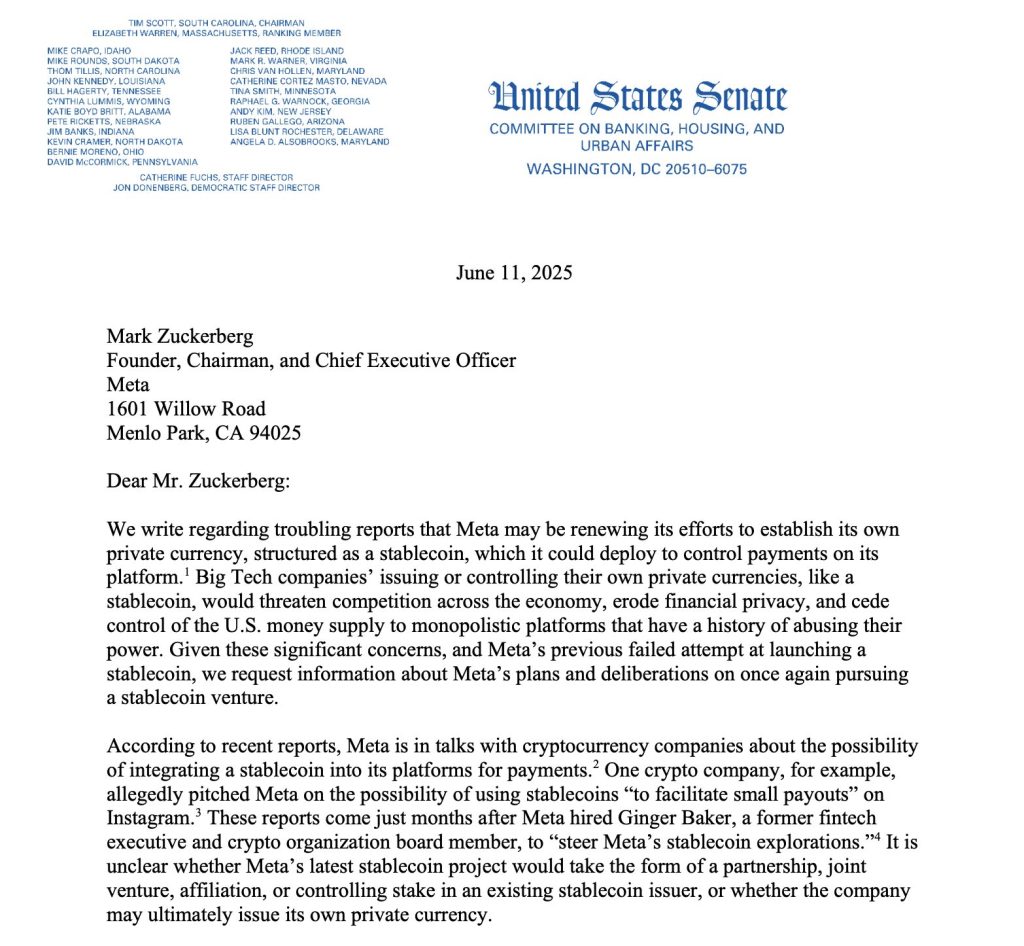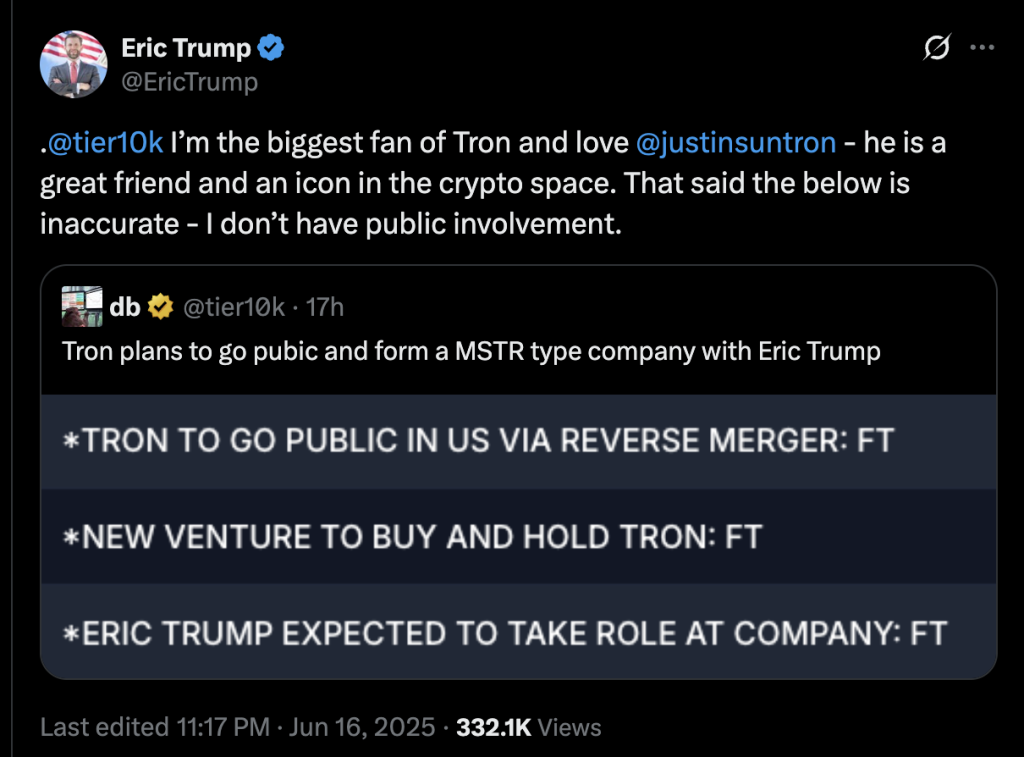Since taking office, the Trump administration has issued a sweeping number of executive orders, sending shockwaves through corporate America. From more stringent immigration enforcement and vetting procedures affecting compliance efforts and workforce planning, to less restrictive federal oversight of AI and significant rollbacks of DEI initiatives, HR leaders are facing a rapidly evolving legal landscape.
As organizations race to understand and comply with new policy shifts, HR leaders should use this as an opportunity to step up as strategic advisors and ambassadors of workplace compliance, culture and ethics, helping guide their workforce through the uncertainty.
Let’s explore three major changes that lie ahead for HR under the Trump administration and how HR leaders can proactively adapt their strategies to lead their organizations through this transformative era.
1. Stricter immigration enforcement and visa-vetting procedures
On Inauguration Day, President Trump signed a flurry of immigration-related executive orders pertaining to immigration enforcement, increased screening for all foreign nationals seeking entry into the U.S., limitations on birthright citizenship and the suspension of U.S. refugee and other humanitarian programs.
As federal enforcement around immigration enforcement intensifies, HR leaders should be ready for more frequent worksite raids and Form I-9-related enforcement actions. Failing to meet federal requirements can result in significant legal and financial consequences, making proactive measures essential. To stay prepared and mitigate risks, HR teams should conduct regular internal Form I-9 audits to identify and correct any errors before an official inspection occurs.
Additionally, HR leaders should provide comprehensive training for staff on proper I-9 completion, document verification procedures and compliance best practices to ensure the organization remains in full compliance with federal and applicable state regulations related to employee work authorization.
As part of workforce preparation, HR teams should also designate and train authorized representatives to interact with ICE or other federal agents in the event of a worksite inspection or raid. All other employees should be trained about their rights if faced with ICE questioning during a raid.
Further, HR leaders should anticipate new obstacles in attracting and retaining foreign talent due to stricter immigration screening. As a result of Executive Order 14161, federal agencies are now required to conduct enhanced vetting and screening of all individuals seeking entry into the U.S., particularly regarding the issuance of visas and the admissibility of visa applicants, which will lead to spikes in visa-processing delays.
Therefore, HR teams should consider actions like diversifying their sourcing strategies or investing more heavily in the upskilling or reskilling of their U.S.-based employees to address potential labor shortages or disruptions.
2. Reduced federal oversight of AI
Over the last few years, HR leaders have worked tirelessly to navigate the complexities of AI adoption in the workplace and balance innovation with concerns around bias and discrimination, data protection and ethical use. Now, under the Trump administration, organizations have the increased responsibility to develop AI policies that address these concerns while waiting for federal guidance.
The Trump administration’s move to revoke Executive Order 14110 and replace it by signing Removing Barriers to American Leadership in Artificial Intelligence signals a significant shift away from the Biden administration’s emphasis on federal oversight, with a focus on promoting AI innovation and positioning the U.S. as a global AI leader.
In the absence of clear federal guidance, greater responsibility will be placed on organizations to self-regulate and ensure AI is used responsibly. HR leaders can support their organization with this shift by partnering with senior leaders to establish and implement their own AI policies to guide transparency in AI decision-making, prevent bias in hiring and recruitment, and protect employee and customer data from privacy breaches.
HR leaders should also be prepared to respond to employee concerns over job displacement and job security. Research has shown that 45% of surveyed professionals are concerned that AI will replace their job. Therefore, it is imperative that HR teams take measures to mitigate feelings of uncertainty among their workforce by introducing AI training and upskilling programs, and transparently communicating with employees about the role of AI in the business and how their day-to-day workflows may be impacted by the technology.
Organizations, especially those with multistate operations, should also remain vigilant in complying with the growing patchwork of state and local AI regulations and ensure that their policies reflect these requirements. Trump’s executive order may prompt additional states and localities to enact laws regulating AI in the workplace, making it critical for HR teams to keep a pulse on the evolving legal landscape and regularly audit procedures to remain compliant with new and existing regulations.
3. Diversity, equity and inclusion policies under fire
Trump’s return to office has ushered in a dramatic shift in DEI policies. Within his first two days, he signed an executive order, Ending Radical and Wasteful Government DEI Programs and Preferencing, terminating all “discriminatory programs,” including DEI mandates, policies, programs, preferences and activities in federal agencies. Several related executive orders issued under the Biden administration were also revoked.
While pushback against diversity efforts have gained steam since the Supreme Court overturned affirmative action in 2023, the Trump administration’s executive actions mark a major escalation in dismantling DEI policies, in both the public and private sector.
While the executive orders do not currently require private employers to entirely halt their DEI efforts, companies that operate under federal contracts are subject to comply with the mandates. Beyond federal mandates, and in response to the executive orders, some states and municipalities may introduce new legislation or initiatives aimed at reinforcing DEI efforts which organizations should keep track of.
To stay ahead of potential changes, it is essential that HR leaders become more deliberate in their compliance efforts, closely monitoring new legal developments and conducting regular assessments of their DEI programs. Beyond compliance, HR leaders should be more intentional about creating spaces for employees to feel seen and supported and ensure a commitment to inclusivity is communicated at every level of the organization.
DEI will remain a critical component of business growth, acting as a key driver of talent attraction and retention, employee morale and strategic decision-making. Therefore, it’s up to HR leaders to continue to champion DEI and ensure it remains in the fabric of workplace culture while staying compliant with regulations.
Navigating through the legal storm to build a brighter future
As corporate America navigates the impacts of the Trump administration’s recent executive orders, HR leaders have a unique opportunity to successfully guide their organizations through change. By staying informed of policy shifts, serving as strategic advisors for legal and culture changes, and continuing to foster an inclusive culture from the very top of their organizations, HR leaders can lead the way toward a resilient future and position their organizations for success.
Credit: Source link











